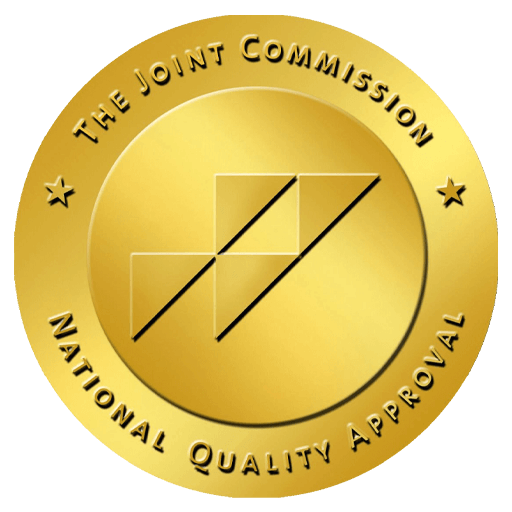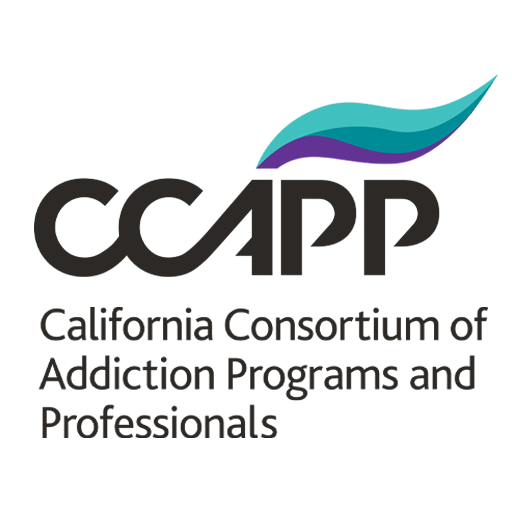Can Autism Spectrum Disorder Lead to Addiction?
To people who are on the high-functioning end of the autism spectrum, our social world can be overwhelming. They want to interact but symptoms of the disorder can make it seem impossible. While some people learn to overcome these challenges by building on their strengths, others find that the social isolation or a disruption in routine can cause anxiety and depression — leaving them susceptible for self-medicating with alcohol or drugs. At social gatherings, people with high-functioning autism also might drink or use drugs to fit in or to calm the nervousness they feel when in social situations.
Young adults with the disorder can present behaviors that make social interaction difficult. Many show obsessive interests in specific topics — often becoming experts in the area — and dominate conversations with these topics to the exclusion of what others in the group may want to discuss. Hypersensitivities can make it difficult for them to function in loud, crowded areas, or they may stand too close to people when talking. They have difficulty reading social cues and can speak formally, in monotone, too fast, too slow or in an inappropriate volume, which can create barriers to communicating and making friends. Since they take a literal interpretation of the world, humor can be confusing. In addition, poor motor skills can lead to clumsiness or awkwardness.
Although men are often thought to be more likely to have high-functioning autism, research suggests that females, who are wired differently when it comes to socialization, are more adept at compensating for their impairments and thus are not as frequently diagnosed.
[/pivot_section_title][/vc_column][/vc_row][vc_row background_style=”light-wrapper” css=”.vc_custom_1524780631074{padding-right: 10px !important;padding-left: 10px !important;}”][vc_column width=”1/2″][vc_single_image image=”6774″ img_size=”large” alignment=”center” css_animation=”fadeInLeft”][/vc_column][vc_column width=”1/2″][vc_column_text]Asperger’s Syndrome and the Young Adult
Asperger’s syndrome, which is on the high-functioning level on the autism spectrum, is estimated to affect 37.2 million people across the globe. It is characterized by difficulties in social interactions and communication and by repetitive or restrictive behaviors. Its cause remains unknown.
In 2013, Asperger’s was removed as a stand-alone condition in the Diagnostic and Statistical Manual of Mental Disorders (DSM-5) and placed as part of the wider category of “autism spectrum disorder.” However, the term is still widely used to describe people with autism who are high functioning.[/vc_column_text][/vc_column][/vc_row][vc_row background_style=”light-wrapper” css=”.vc_custom_1524780631074{padding-right: 10px !important;padding-left: 10px !important;}”][vc_column width=”7/12″][vc_column_text]
Asperger’s Connection to Anxiety, Depression and Addiction
About 65% of people with Asperger’s also have anxiety and depression. These conditions can make life more difficult for someone with Asperger’s and make them more vulnerable to substance abuse relapse. When someone with high-functioning autism and co-occurring conditions seeks treatment for substance use disorders as well, it’s critical that they address their complex diagnoses and learn how to manage their symptoms without resorting to substance use.[/vc_column_text][/vc_column][vc_column width=”5/12″][vc_single_image image=”6780″ img_size=”large” alignment=”center” css_animation=”fadeInRight”][/vc_column][/vc_row][vc_row][vc_column][vc_column_text]
The Autism Addiction Link
It was long thought that people with Asperger’s were like those diagnosed with autism: They had a low risk of addiction since the disorder meant they did not seek out new experiences and the sensations resulting from drug or alcohol use could be unpleasant. However, the people who were studied were formally diagnosed with autism, which often meant the more extreme form of the disorder, which might prevent them from experimenting with substances. Conversely, a person with high-functioning autism would exhibit symptoms of the disorder, but might not have a formal diagnosis, which would have excluded them from such studies. The difference is that people with Asperger’s would not have the prohibitions of people on the lower end of the spectrum.
Now that Asperger’s has been folded into the general autism category, researchers studying the correlation between autism and substance use disorders are making some surprising discoveries. According a study in the Journal of Alcoholism & Drug Dependence, about 7 percent of people in treatment for substance use disorder have been diagnosed with autism spectrum disorder (as compared to 1 percent of the general population).
Can Autism Lead to Higher Addiction Risk?
In the recent book Drinking, Drug Use, and Addiction in the Autism Community, University of North Carolina researchers Elizabeth Kunreuther and Ann Palmer explore the reasons why addiction is more common among individuals with autism spectrum disorder than it is within the general population. “With the advent of early interventions and mainstreaming, more adults with autism spectrum disorder not only have to navigate the same stresses most adults face — school, financial concerns, relationship issues, work stressors,” Kunreuther explains. “But they have to contend with higher rates of co-occurring depression and anxiety, not to mention coping with the sensory and social issues that also accompany an autism diagnosis. It’s no surprise that individuals with autism spectrum disorder might turn to alcohol and drugs for relief.”
Research from the Washington University School of Medicine also found that that while people with autistic traits were not more prone to use substances like marijuana and alcohol than other people, they were at a higher risk of becoming addicted if they did use these substances. “People with autistic traits can be socially withdrawn, so drinking with peers is less likely. But if they do start drinking, even alone, they tend to repeat that behavior, which puts them at increased risk for alcohol dependence,” says lead author Duneesha De Alwis, Department of Psychiatry, Washington University School of Medicine in St. Louis.
Is the Autism Addiction Connection Genetic?
The obsessive nature of the disorder has already been shown to lead people with autistic traits to become addicted to activities other than substance abuse. For example, one study found that children who had autism spent twice as much time playing video games as typically functioning children. At the University of Minnesota Twin Cities in Minneapolis, Patrick Rothwell, assistant professor of neuroscience, opened a lab that focused on studying the biological and behavioral parallels between substance use disorders and autism. He found there are similarities in the way people with either condition use repetitive behaviors to cope with emotional problems, as well as in their impulsivity and compulsions. The two conditions affect some of the same brain regions and involve some of the same genes.
This research all suggests that autistic traits — more than a diagnosis of autism — could be a risk factor for developing a substance use disorder. And scientists are continuing to unlock more keys: In a 2016 study, researchers in Sweden found that autism spectrum disorder was associated with increased risk for a range of substance use-related problems — and linked it to addiction in relatives. The study analyzed national health registry records of the 1.3 million Swedes who were born between 1973 and 2009, and identified 26,986 people diagnosed with autism. The researchers then determined how many of those with autism had an additional diagnosis of intellectual disability, substance use disorder or ADHD. They learned that parents and siblings of people with autism also have a higher risk of addiction, suggesting a genetic link. They found that those with co-occurring ADHD also were more at risk.
[/vc_column_text][/vc_column][/vc_row][vc_row background_style=”dark-wrapper”][vc_column][vc_column_text]Autism Treatment for Young Adults
Young Adult Asperger’s and Autism Information & Additional Facts:
https://www.jsad.com/doi/10.15288/jsad.2014.75.211
https://link.springer.com/article/10.1007/s10803-016-2914-2
https://www.ncbi.nlm.nih.gov/pubmed/23897915
http://www.tonyattwood.com.au/index.php?Itemid=181&id=80%3Athe-pattern-of-abilities-and-development-of-girls-with-aspergers-syndrome&option=com_content&view=article
https://www.omicsonline.org/open-access/addiction-and-autism-a-remarkable-comorbidity-2329-6488.1000170.php?aid=28744[/vc_column_text][/vc_column][/vc_row][vc_row][vc_column width=”2/3″][vc_empty_space height=”12px”][vc_column_text]









